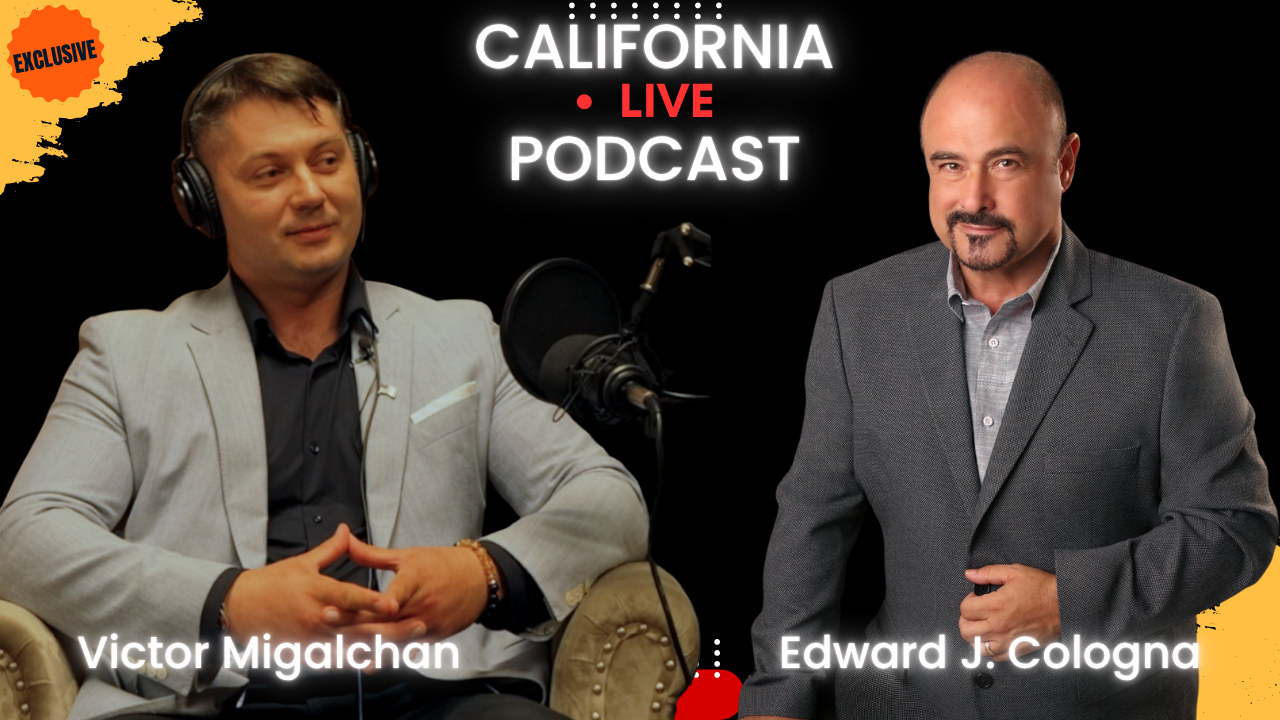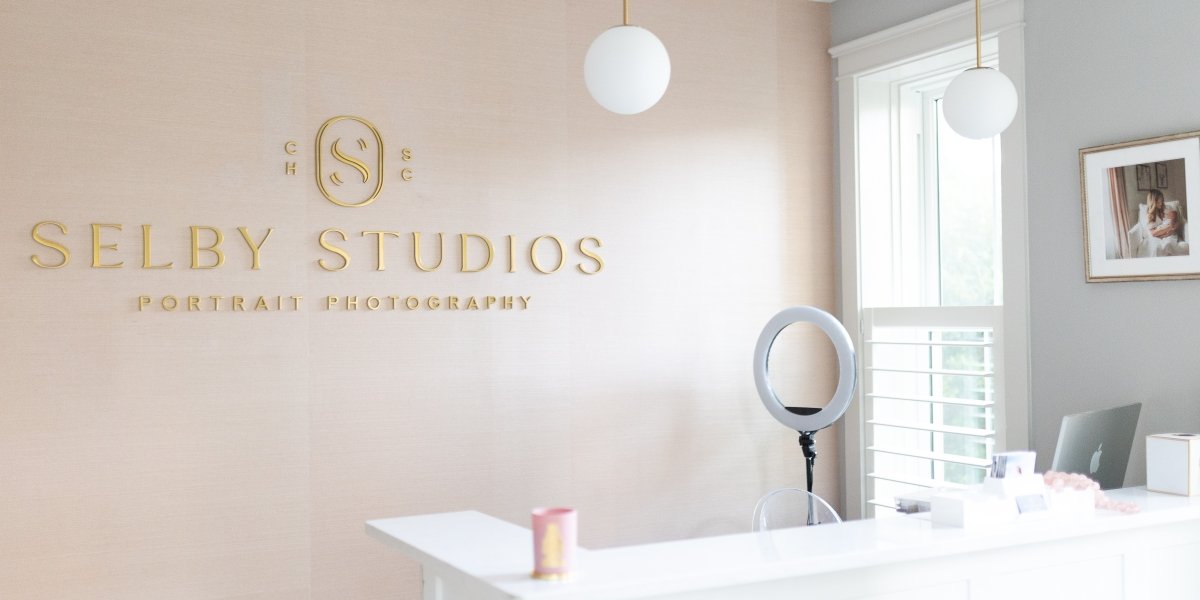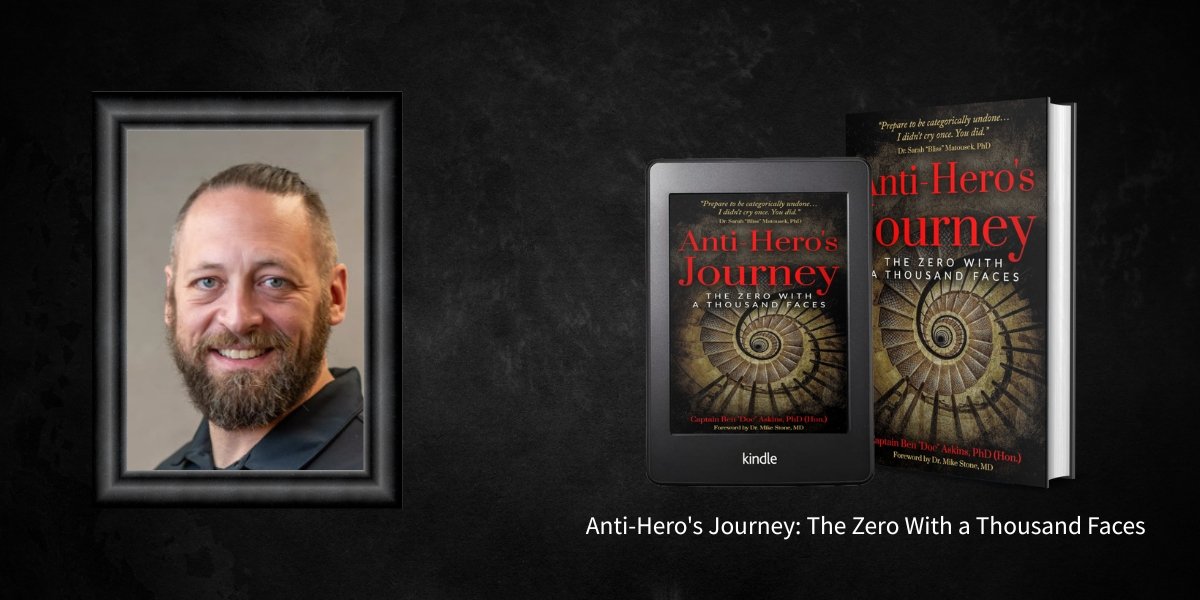By: Alva Ree
In a world that often values appearance over presence — where each day carries subtle but persistent pressure to perform, achieve, and hold it all together — it feels quietly transformative to meet a woman who chooses to be real. Not flawless, not invincible, not endlessly composed — but alive, thoughtful, and present in her own way.
Iryna Kovalova is a women’s coach, speaker, psychologist, Ms. World America finalist, and mother — but beyond roles, she is someone who reconnected with herself after a season of inner disconnection. Now, she gently supports other women in doing the same — not through promises, but through presence.
Iryna, your Instagram feels more like a diary than a display — it’s honest, even raw at times. Why that choice?
Iryna: Because I reached a point where I no longer felt nourished by the polished image. I wanted to create something that reflected real moments — not just curated ones. I wanted to witness and share the complexity of being a woman: glowing and tired, hopeful and uncertain, becoming and undoing.
I spent years following the inner script of success: be productive, be efficient, be admirable. Until one day, I asked a question that shifted everything: Where am I in all of this?
That moment didn’t create instant change, but it cracked something open — gently pulling me toward something more honest. That’s when I decided that my space online would feel more like a conversation than a performance.
What helped you start stepping away from the loop of striving and constant doing?
One thing: unfiltered honesty with myself. I realized I had built a life that looked good from the outside but felt unsustainable on the inside.
I asked myself questions I had avoided: What do I feel when no one’s watching? What am I constantly chasing, and what truly matters to me?
And to my surprise, the answers weren’t complicated. I didn’t need more achievements — I needed more rest. I didn’t crave recognition — I needed reconnection.
The shift didn’t happen overnight, but awareness was the starting point.
You speak a lot about “resource.” What does that mean for you now?
Resource isn’t something you earn with a two-week vacation once a year. It’s the quiet, daily practice of checking in with yourself.
It’s sipping your coffee slowly. Letting a call go unanswered. Moving your body because it feels good — not because of guilt.
It’s saying yes to yourself in the middle of a busy day — even for ten minutes. That small gesture of care becomes a foundation for steadiness, especially when life feels full.
Many women feel conflicted or guilty when choosing themselves. Have you faced that too?
Yes, deeply. Especially in motherhood. I believed that being a “good mom” meant self-sacrifice. But I quickly learned that an empty woman cannot give what she doesn’t have.
Today, my daughter sees a mother who takes care of herself too. Not as a way of separating from her, but as a way of modeling balance.
I’m not above her — but I’m no longer disappearing either. That’s the kind of example I now aim to offer her: one rooted in presence, not depletion.
What does your day look like now? Do you have supportive rituals?
I begin my mornings in stillness. No screens. No headlines. Just breath, hydration, and gentle movement.
Then the day unfolds with its usual mix of work, meetings, and responsibilities — but no matter how full it gets, I carve out small rituals: soft fabrics, favorite scents, warm tea.
These aren’t luxuries — they’re grounding practices that remind me I’m human, not a machine.
You mentor many women today. But who or what inspires you?
The stories of women who are navigating real life with openness.
Not their curated versions, but the honest ones: women who’ve experienced grief, exhaustion, or heartbreak and still choose to be gentle with themselves.
I see many of them in my community. Sometimes, a message will come through and I pause — not out of sadness, but because I see someone slowly reclaiming her voice.
Those quiet turning points inspire me deeply.
What is one of the common themes women bring into your sessions?
The phrase I hear often is: “I have everything — but I don’t feel content.”
We gently explore where she might have stopped listening to herself — in her role as a partner, a parent, a professional, or simply as a woman.
Often, it’s been a long time since she made a choice that was truly hers.
My work isn’t about giving solutions — it’s about creating a space where she can begin to hear her own truth again.
How would you describe your coaching approach?
It’s subtle. Present. Grounded in real listening.
I don’t push, and I don’t prescribe.
There’s no “five steps to success.” No pressure to optimize every part of your life.
I don’t believe in pushing people toward some idealized version of themselves. I believe in remembering — who you already are, beneath the expectations.
Coaching, for me, is an invitation — not a formula.
What does beauty mean to you — beyond appearance?
Beauty is attention — to what you’re feeling, what you’re needing, what’s sacred in the moment.
It’s not about the external. It’s about treating your life as something worth cherishing.
It’s lighting a candle on a weekday, wearing the dress just because, plating your food with care — even if you’re eating alone.
Not to impress, but because you’re worthy of that kind of tenderness.
You help many women reconnect with their purpose. What does your own dream look like these days?
My dream feels rooted in simplicity and depth.
A home filled with warmth — maybe fresh bread, shared laughter, and a bookshelf that keeps growing
A circle of women who hold space without comparison.
Projects that feel meaningful — not just impressive.
I don’t dream of being perfect. I dream of being real — and of continuing to invite others into that same freedom.
Disclaimer: The views and experiences shared in this article are intended for general inspiration and informational purposes only. While Iryna Kovalova is a certified coach and holds a background in psychology, the content provided does not constitute professional therapy, mental health treatment, or medical advice. Readers are encouraged to seek qualified professional support for personal, emotional, or psychological concerns. Individual experiences and outcomes may vary.












